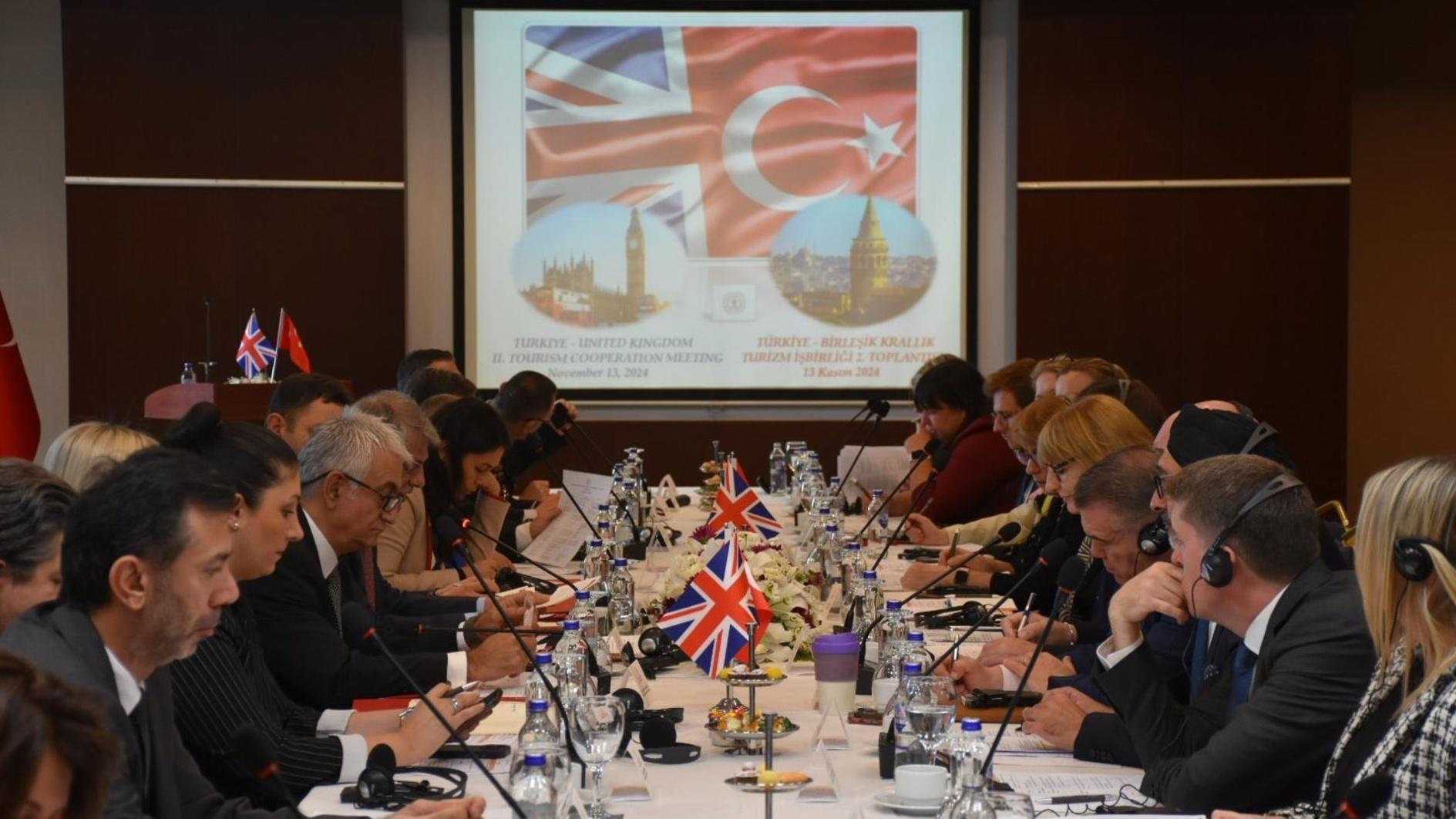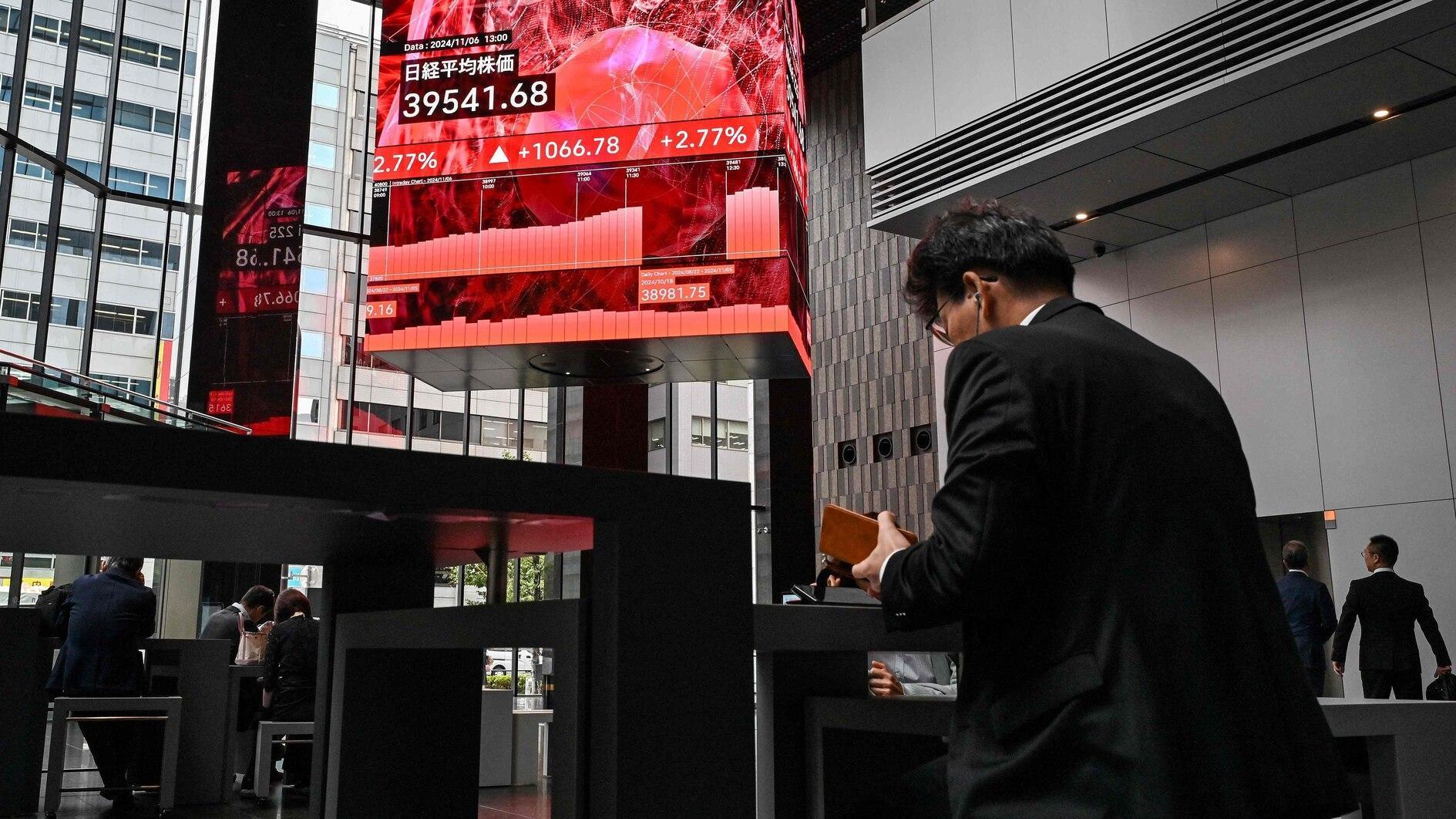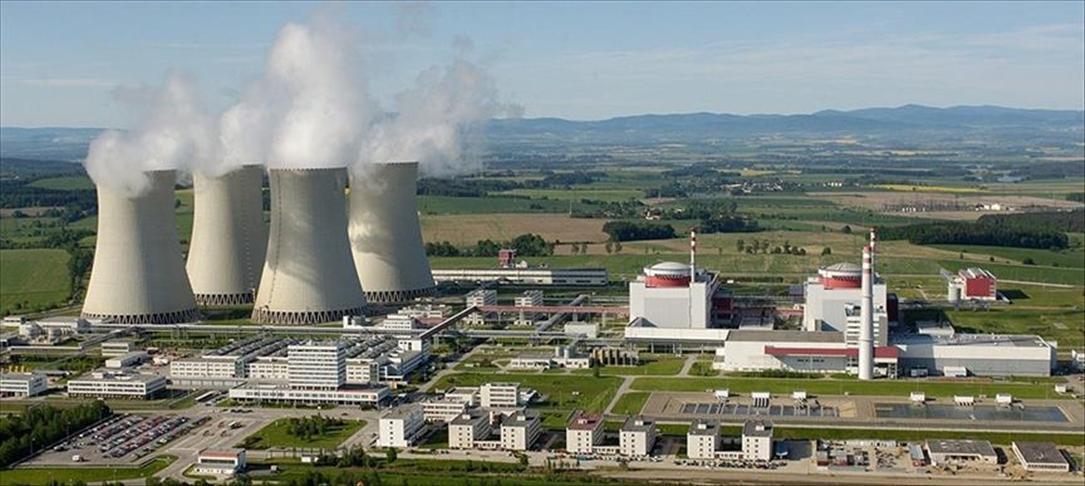Turkish flags at HDP election rally
Turkish parties mobilized millions of people to their election rallies over the weekend as the country enters the last week ahead of the critical June 7 parliamentary elections.
The ruling Justice and Development Party (AK Parti) supporters were at the “Conquest” rally in Istanbul on May 30, hosted by President Tayyip Erdoğan. In order to bypass the law, the rally was not organized by the AK Parti on paper. Taking advantage of that, all state resources, including Turkish Air Force jets, were mobilized to attract people to where Erdoğan – despite his supposedly non-partisan constitutional status – and Prime Minister Ahmet Davutoğlu ran a full-fledged election rally, with impressive air photos. Pro-government newspapers on May 31 reported that there where nearly 2 million people at the “AK Parti rally in Istanbul.”
Again on May 30 the social democratic opposition Republican People’s Party (CHP) gathered nearly a million people in the western port of İzmir where its leader Kemal Kılıçdaroğlu has been nominated for the parliament. On Sunday the CHP held another rally in Ankara.
Following the Erzurum rally on May 30, Devlet Bahçeli, the leader of the Nationalist Movement Party (MHP), was in Istanbul, again addressing an impressive crowd.
But the most interesting of them all was the May 30 Istanbul rally of the Peoples’ Democratic Party (HDP), which focuses on the Kurdish issue, on the same day as the AK Parti. It wasn’t just because of the hundreds of thousands of supporters gathering just a few kilometers away from those of the AK Parti without a single incident, but also because of the Turkish flags that fluttered in the hands of many followers, together with HDP flags.
This was something unimaginable up until two years ago, since the HDP shares the main body of its grassroots with the outlawed Kurdistan Workers’ Party (PKK), which launched an armed campaign against Turkey in 1984.
The HDP has followed a different path than its predecessors since it was established two years ago with the aim of being a party for “all of Turkey,” not only the rights of Kurds. Then it challenged the 10 percent threshold to get into the parliament (unlike its predecessors) which made the ruling AK Parti uncomfortable.
Because if the HDP exceeds the 10 percent threshold and gets into parliament, the chances of the AK Parti reaching the minimum 330 seats – in the 550-seat – Turkish parliament necessary to take a new constitution to a referendum and shift from the current parliamentary system to a presidential one as suggested by Erdoğan, are slim.
On the other hand, the HDP presence in the next parliament would not only enrich Turkish democracy with its radical program, but also empower the other opposition parties in general against possible AK Parti rule. That will be a change, a moderation in Turkish politics.
But the presence of Turkish flags at the HDP rally is an indication that the HDP has started to change Kurdish politics in a positive way, too. Its success in breaking the 10 percent threshold and getting into the parliament is likely to make it more possible.











